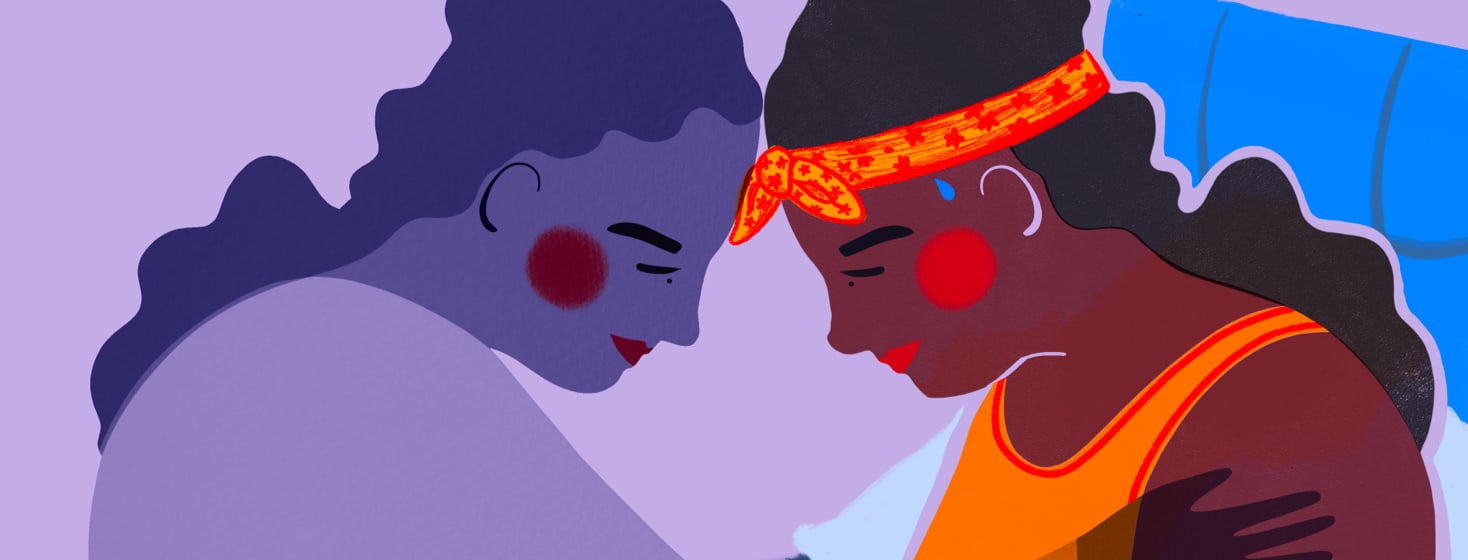Please Meet Me Where I Am
Many of us with an Alzheimer’s diagnosis know that this disease changes us. It is inevitable. We fight for it as long as we can, but then those changes in our character, our reasoning, our feelings, and our body take over.
If you are a family caregiver you will understand this, even if it is hard to accept. As a caregiver, you still want us to be the vibrant person you knew. The person that could light up a room. The person everyone laughed with. The person who could listen and advise. The person who loved unconditionally. But we are changing in front of you.
Benefits of an independent caregiver for someone with Alzheimer's
Family caregivers often have a hard time dealing with their loved one's with dementia. They expect them to be able to do simple things they used to do. They may think, "Why can’t you tie your shoe?" or "Why can’t you count the change on the table?" That is why sometimes, if you can, you need to step back and let someone help.
An independent caregiver has no preconceived notions of what your family member can or cannot do. Their expectations are much lower and they are looking at your family member in a totally different light. They accept whatever the person with dementia’s capabilities are and go from there.
Featured Forum
View all responsesIf you are in the same situation as a family caregiver, you might see your loved one not being able to do something and want to jump in, rather than assist them in what they can do. I realize that many families don’t have the luxury of having another person come in and assist as a caregiver. If that is the case, try to think of yourself as a helper or a mentor to your loved one.
Acknowledge that we are changing
It is extremely difficult for a family member to view their loved one with Alzheimer’s as a "different person" than who they are. But even though we may look the same, it must be acknowledged that we are changing - we are becoming a "familiar stranger." In order to help us, you must meet us where we are. And "where we are" will change time and time again. It is hard for us, too. What I need this week, might be different than what I need next month.
I am not suggesting you give up on us. It is good to challenge us and engage with us. But it might have to be done in a different way because we have changed. You might think we can do certain things because we have always done them, but when we can’t we all become frustrated and anxious. I can feel the frustration in my friends and family when I can’t do something I once could. That makes me mad and I don’t want to take it out on them – but sometimes I do. I know this is not the person I was but, unfortunately, it is the person I am now.
Featured Forum
View all responsesHow my family can help
When I am having a rough time, it would help me if my family could assess the situation and try to determine the source of my frustration or problem. Usually when these things occur, I can’t articulate well enough to tell them what is wrong. But if they can acknowledge that they know something is "amiss," it would at least ease my anxiousness knowing that they realize something is wrong.
It would help if they can say to me, "I sense you are uncomfortable right now and I am trying to help make the situation better for you." They might not know exactly what is causing my discomfort, but at least they would be sensitive to the fact that I am struggling.
This disease is extremely difficult for both of us. I am just asking you to meet me where I am.

Join the conversation